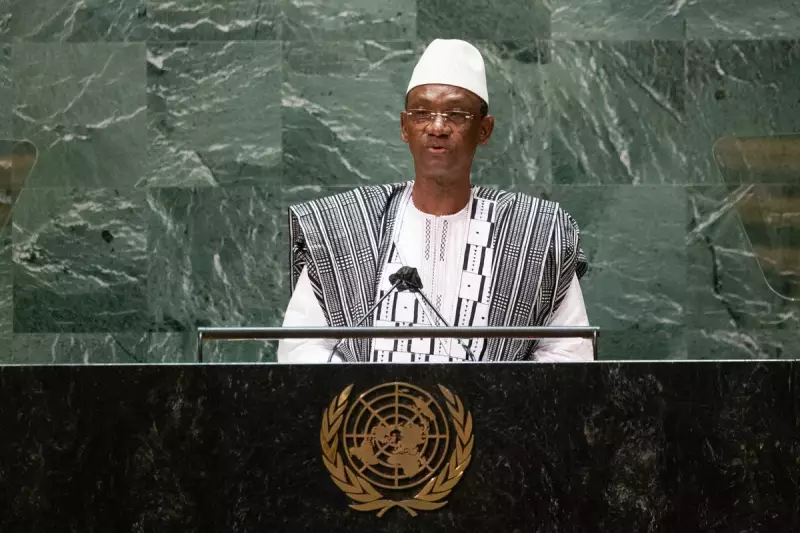
Mali's Prime Minister Choguel Kokalla Maïga has officially resigned, adding another layer of instability to the country's already fragile political landscape. The announcement came amid growing tensions and public dissatisfaction with the transitional government.
Why Did the Prime Minister Resign?
Maïga, who had been serving since June 2021, faced mounting pressure from both domestic and international stakeholders. His resignation follows months of political unrest and accusations of mismanagement, particularly in handling the country's security crisis and economic challenges.
Implications for Mali's Future
The departure of Maïga raises critical questions about the transitional government's ability to steer Mali toward democratic elections. Analysts warn that the power vacuum could exacerbate existing conflicts, especially with jihadist groups gaining ground in the region.
- Security Concerns: Mali remains a hotspot for extremist violence, and the political instability could further undermine efforts to restore peace.
- Economic Impact: The resignation may delay much-needed reforms, worsening the economic hardship faced by Malians.
- International Relations: The move could strain Mali's ties with key allies, including France and regional bodies like ECOWAS.
What Comes Next?
The transitional government, led by Colonel Assimi Goïta, must now appoint a new prime minister to navigate the country through this turbulent period. However, with public trust eroding and deadlines for elections looming, the path forward remains uncertain.
Observers are closely watching Bamako for signs of whether the transition will prioritize stability or deepen the political divide.





